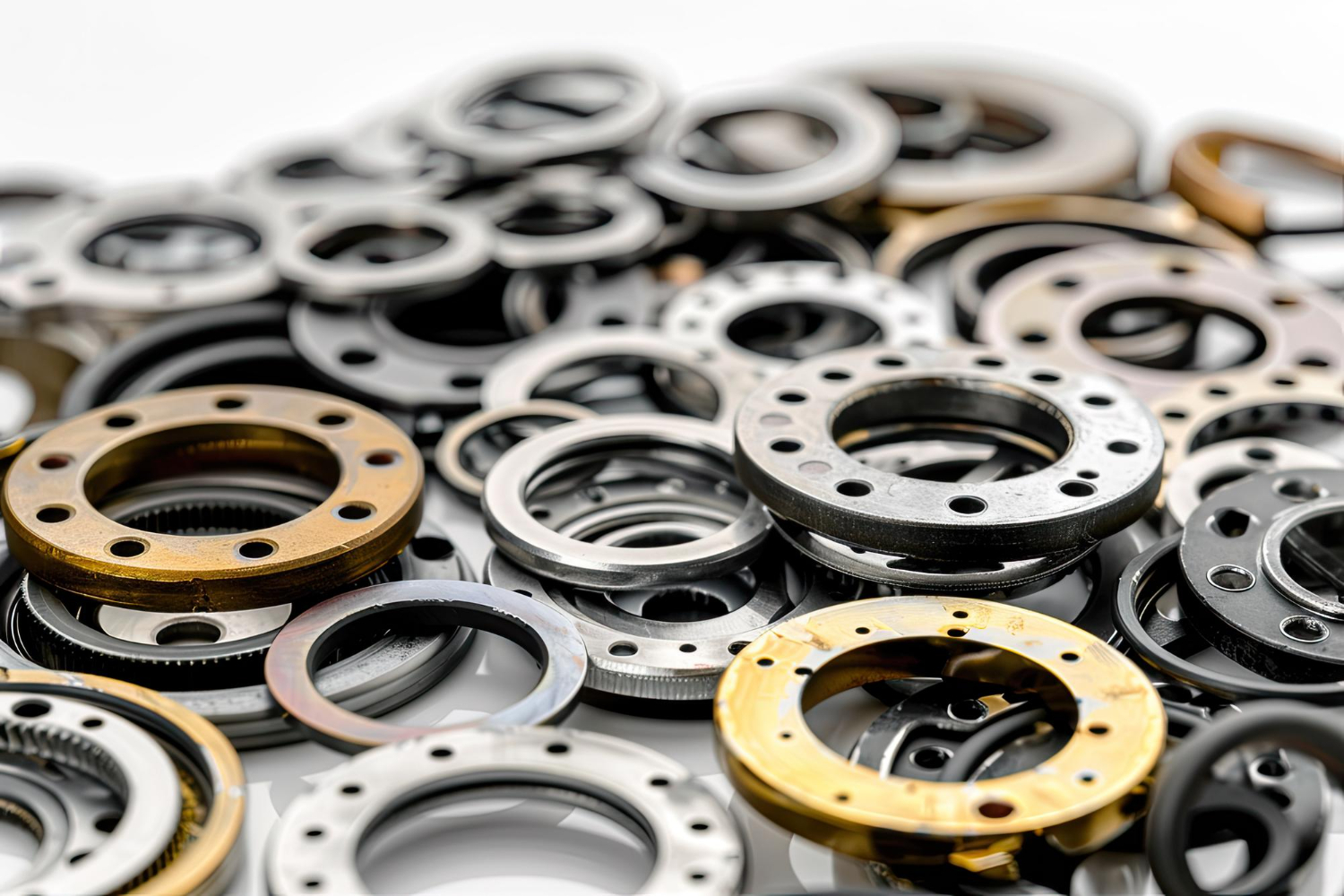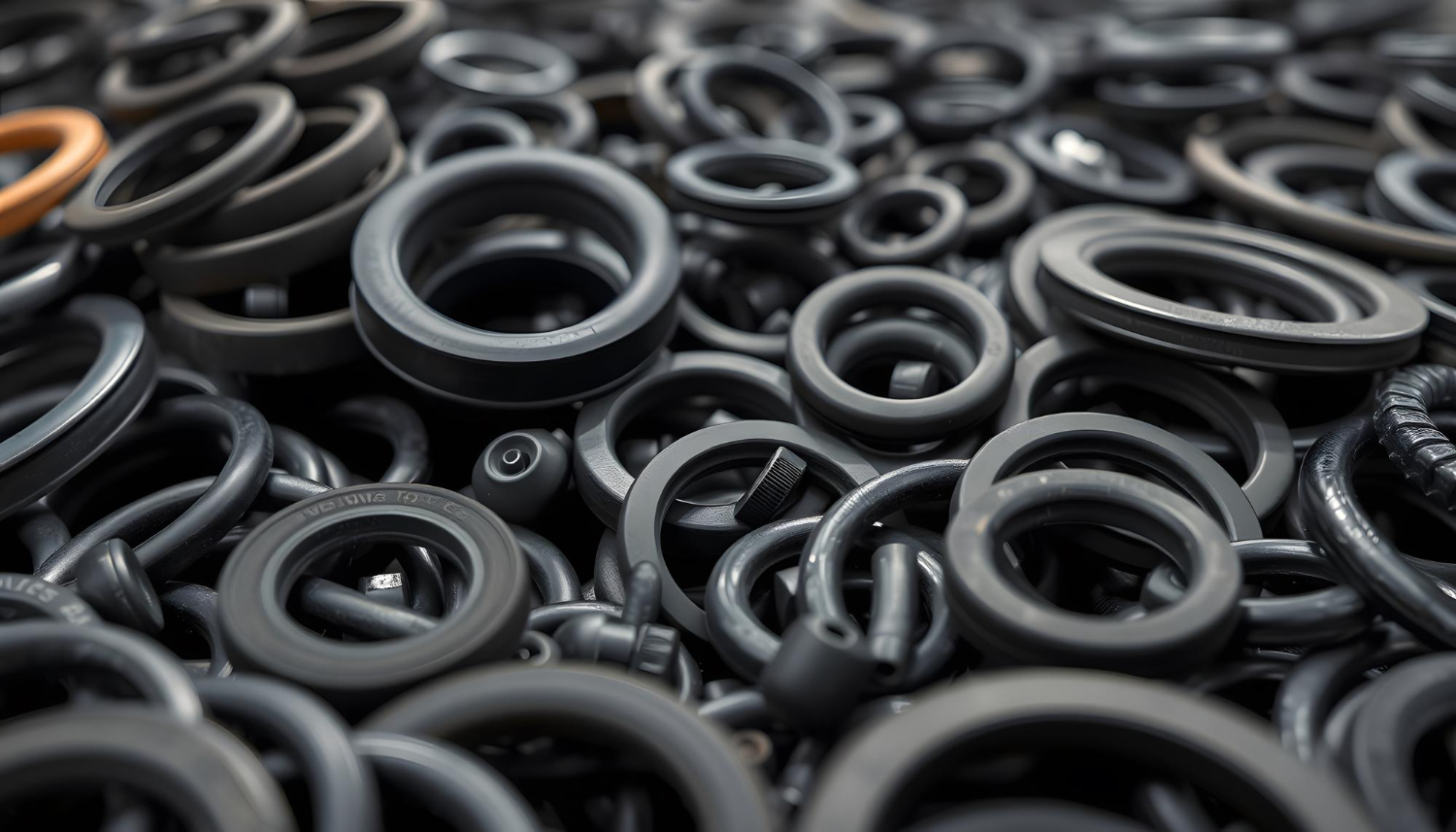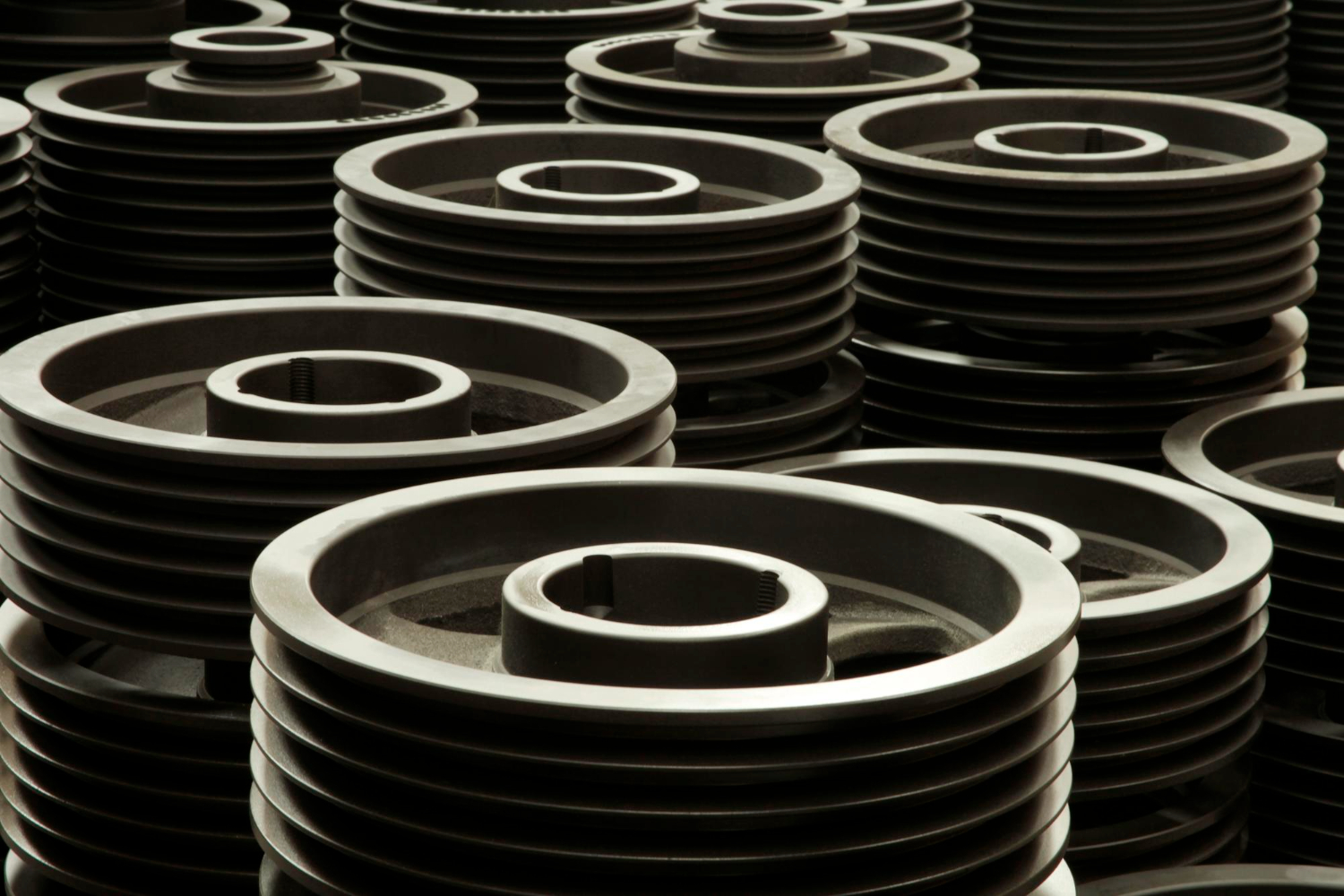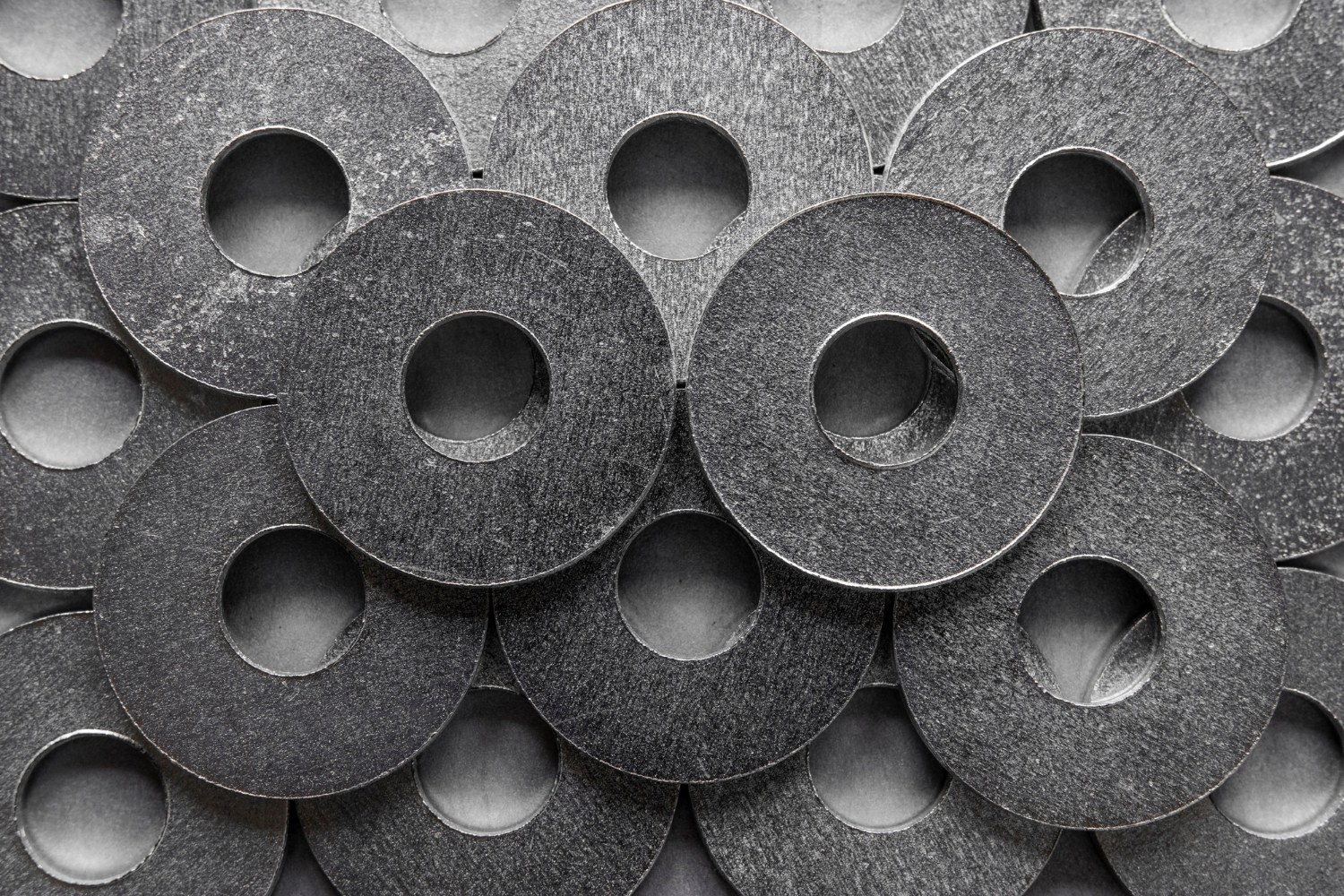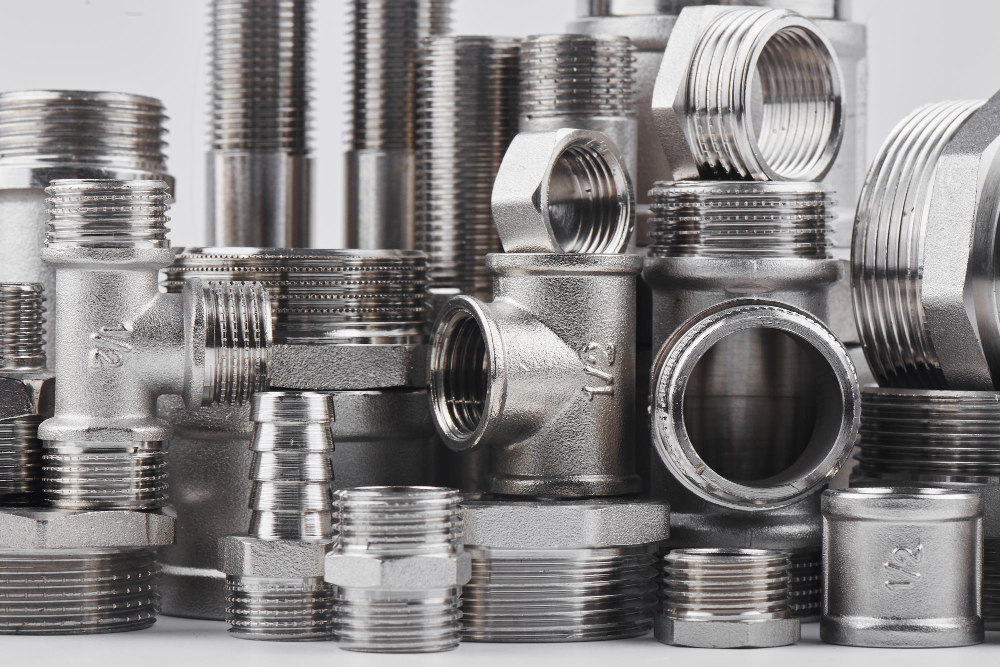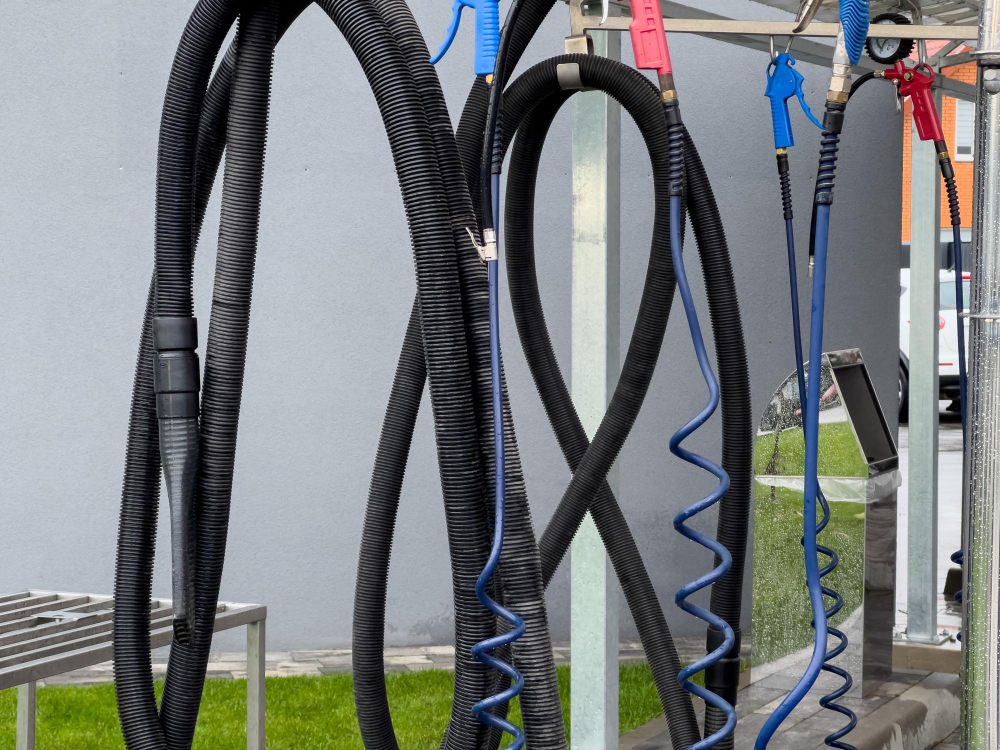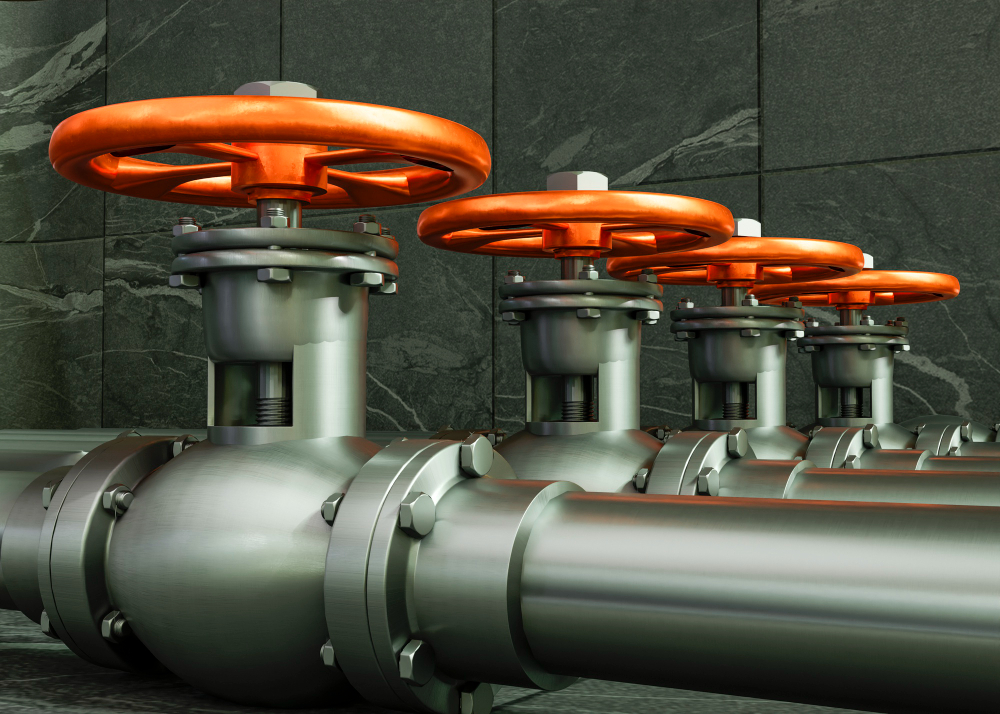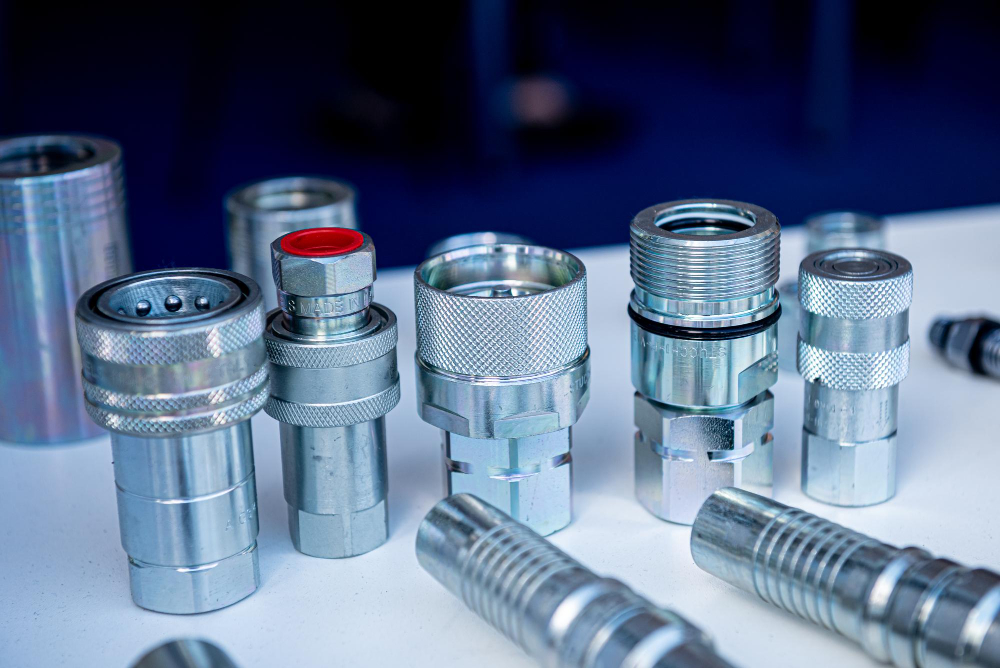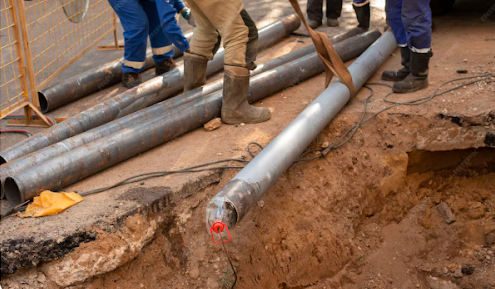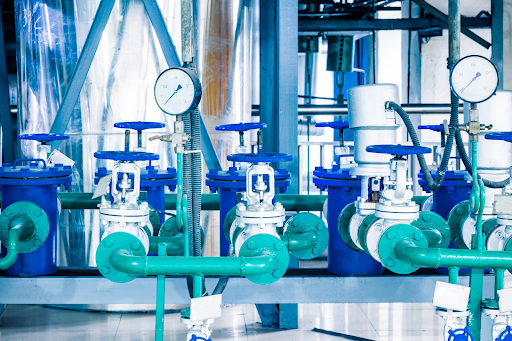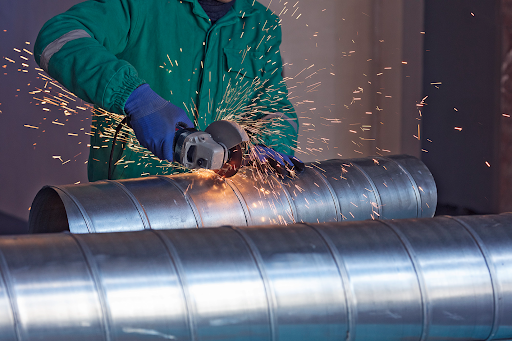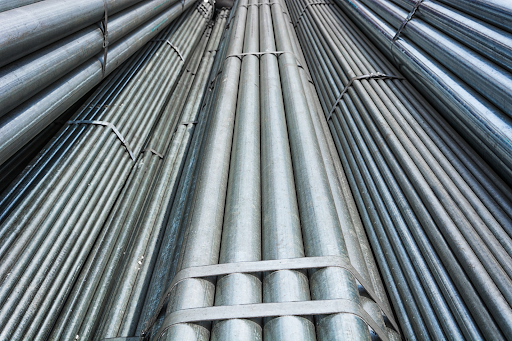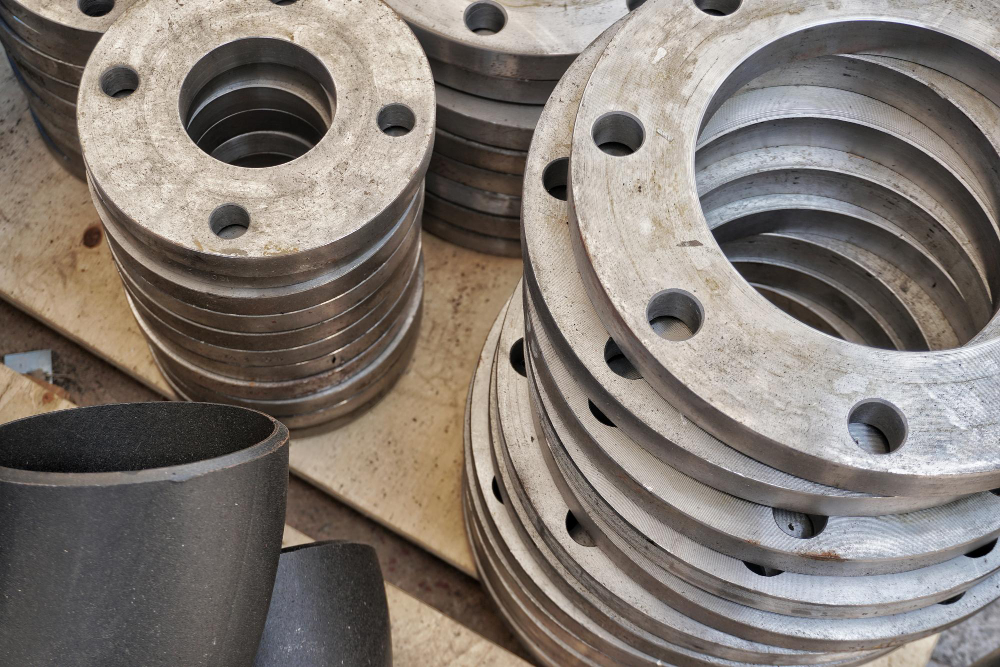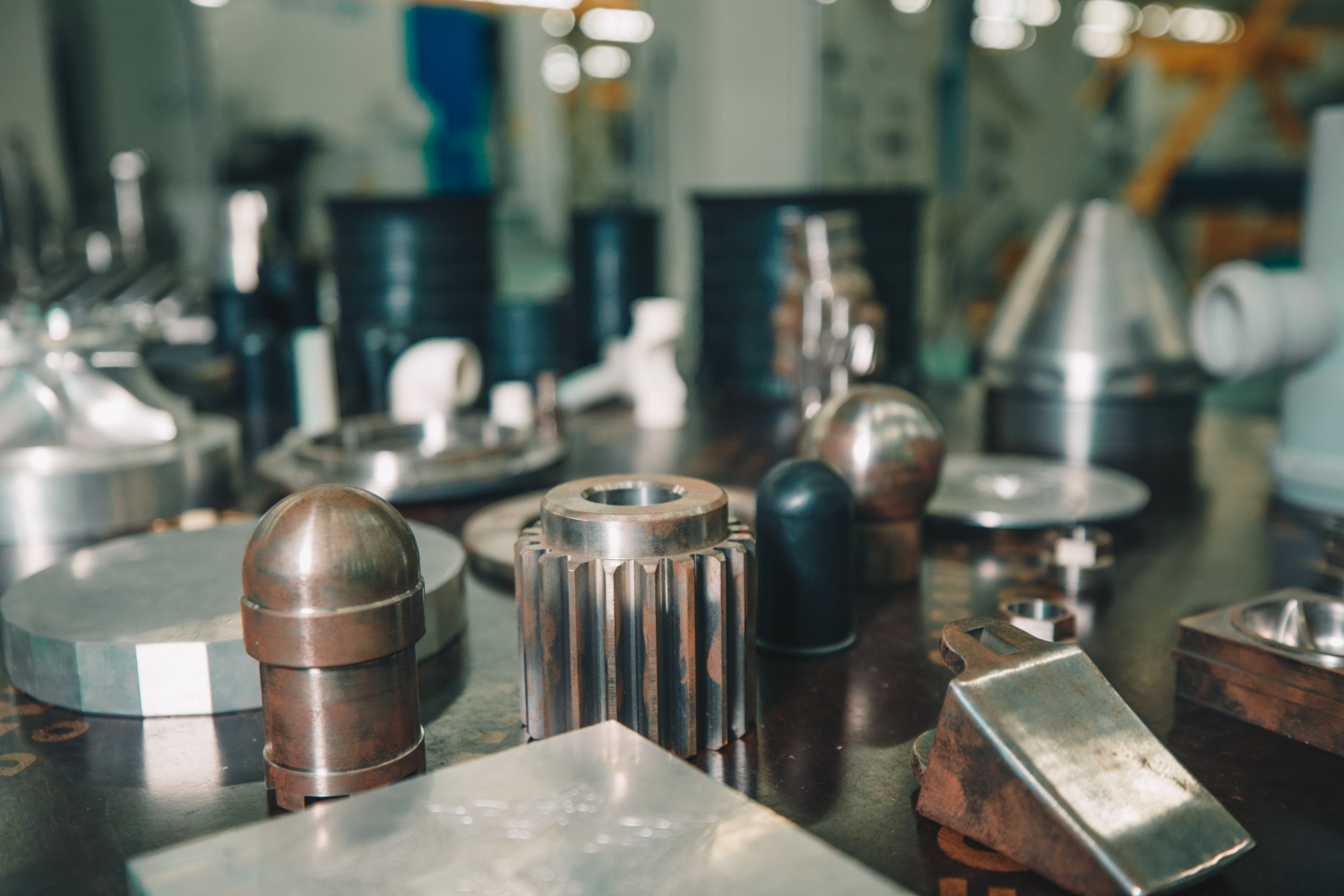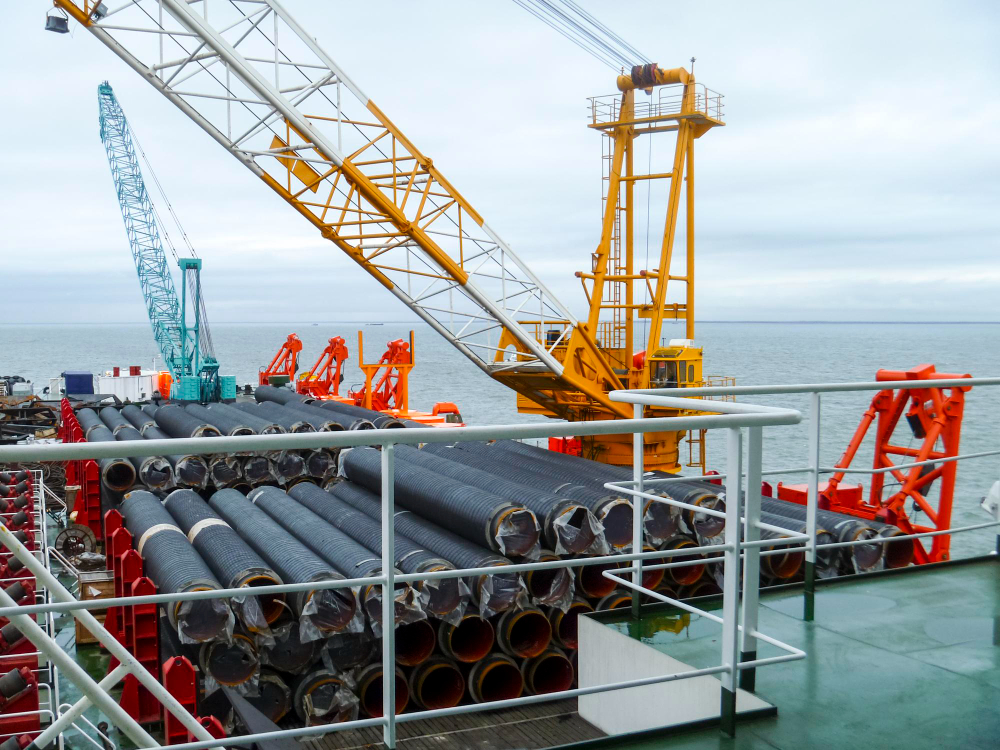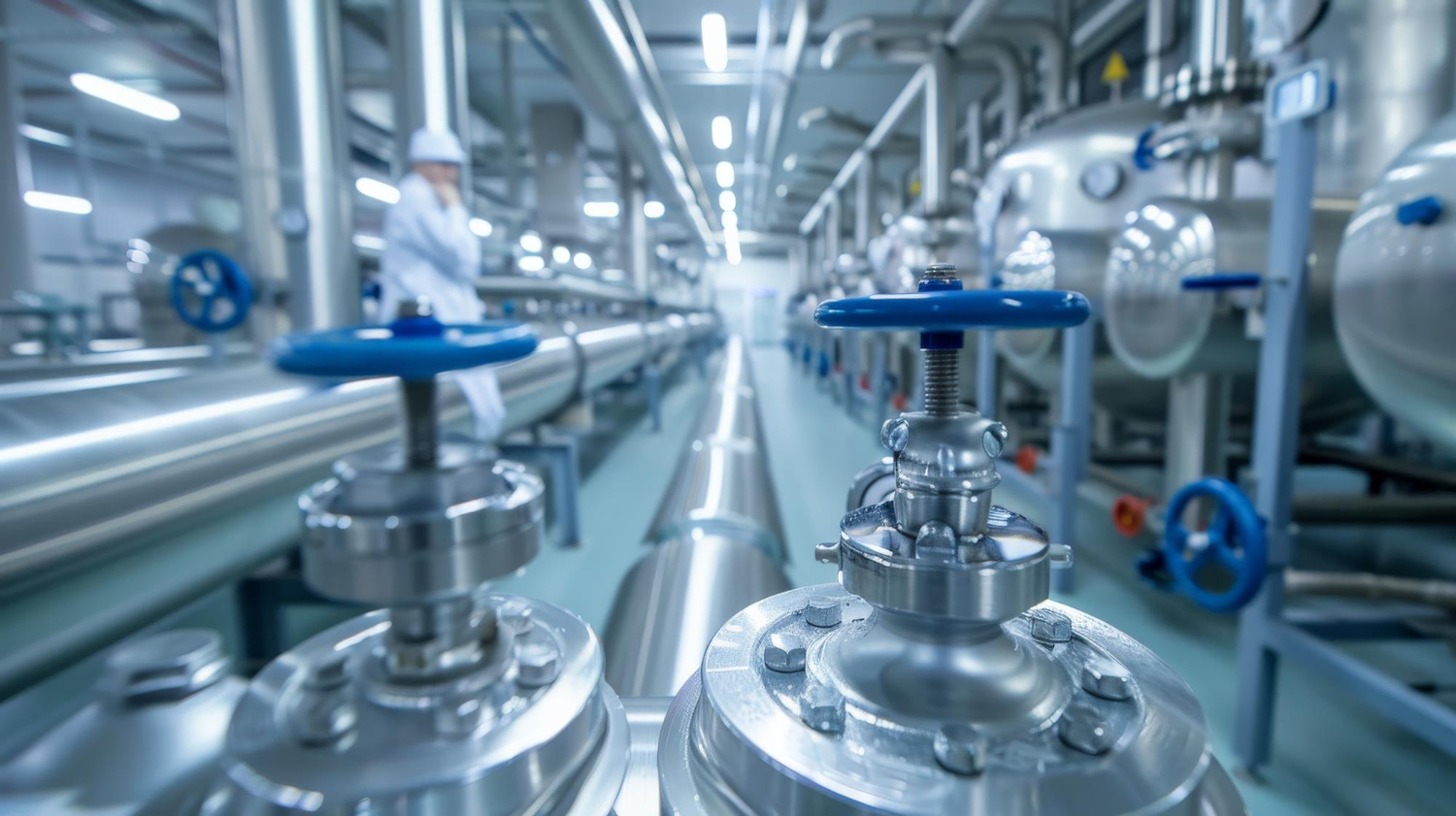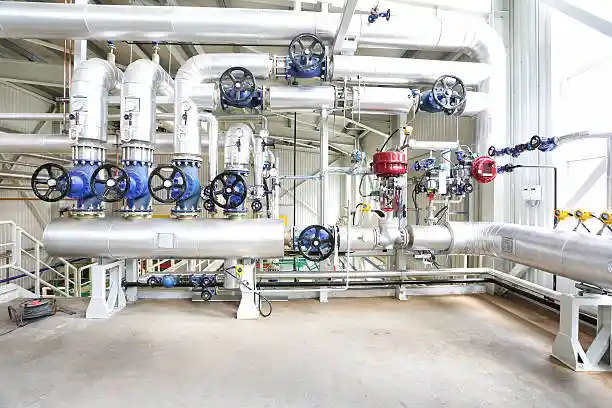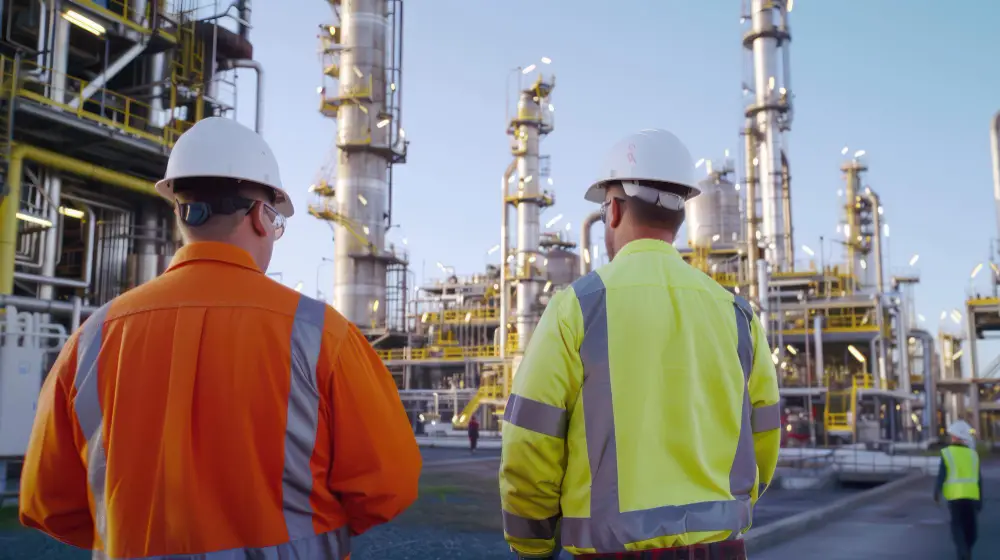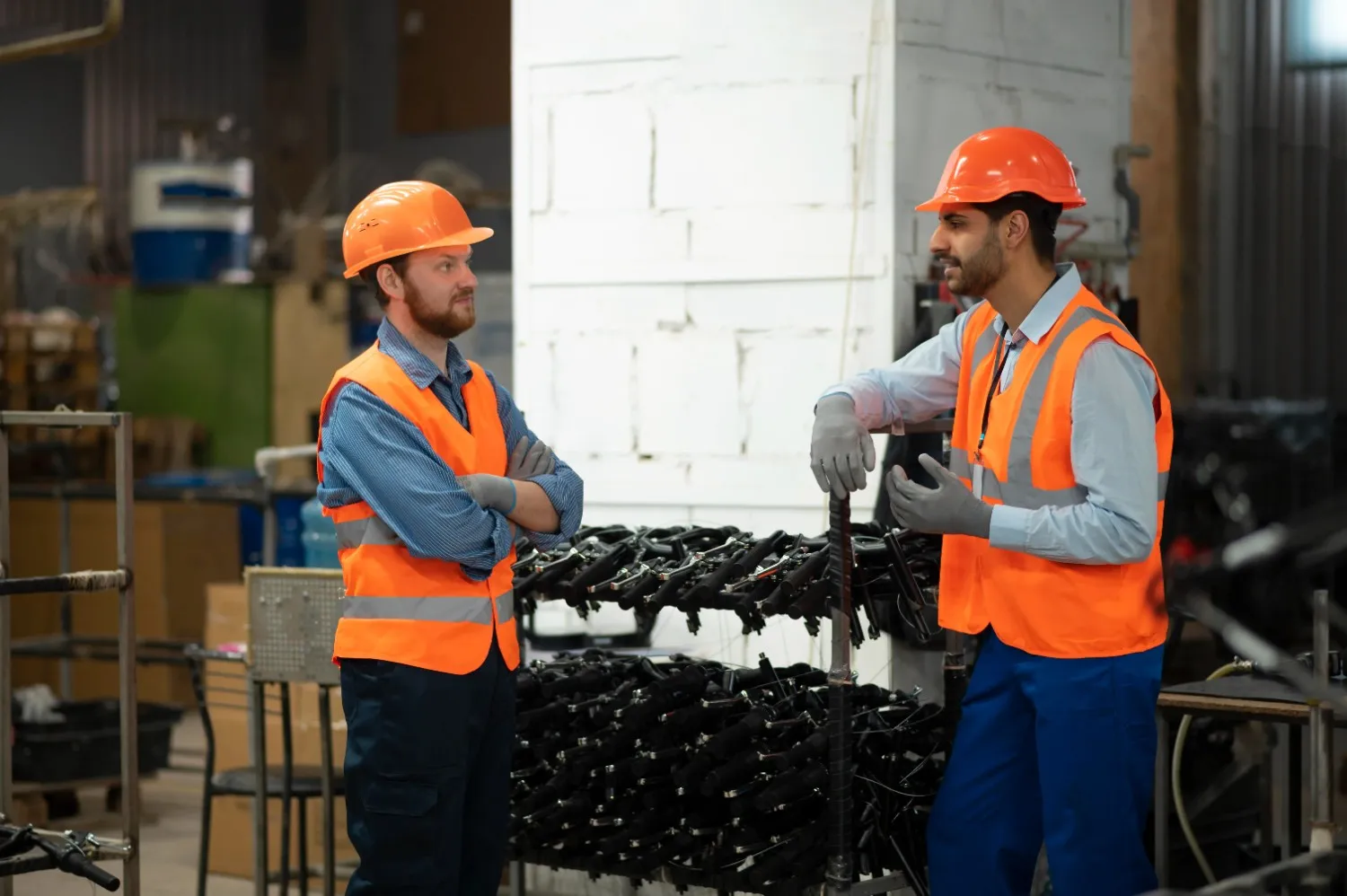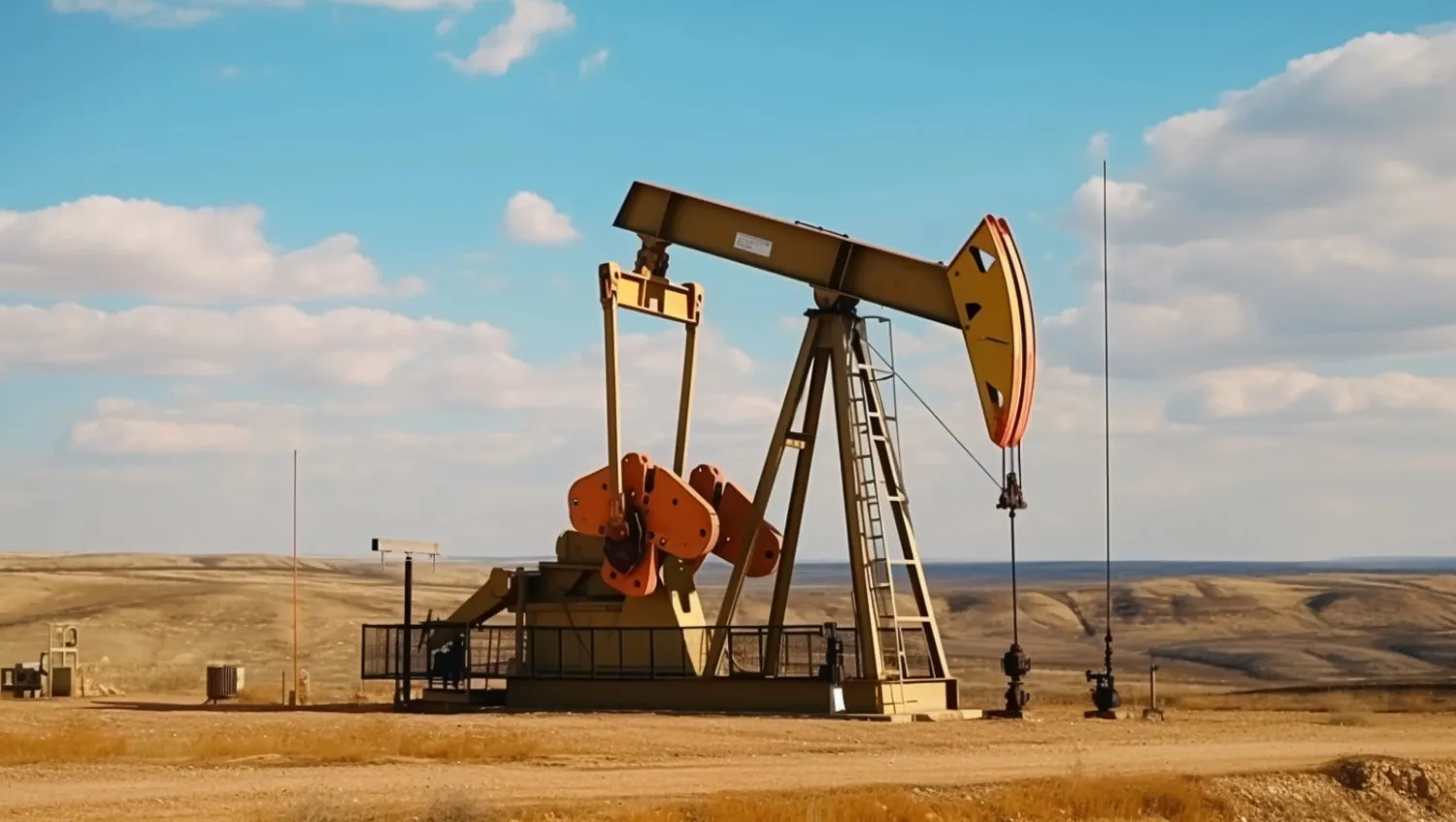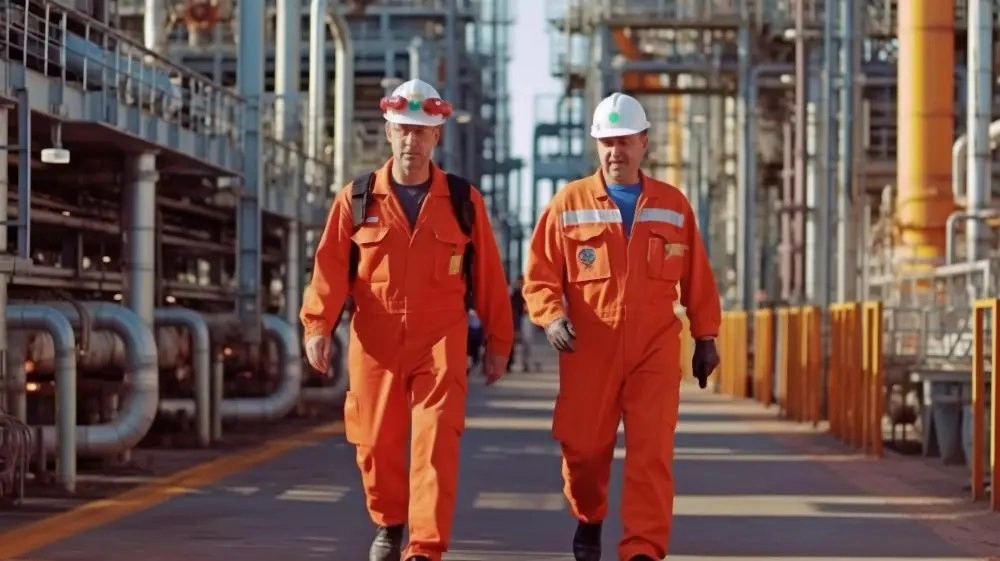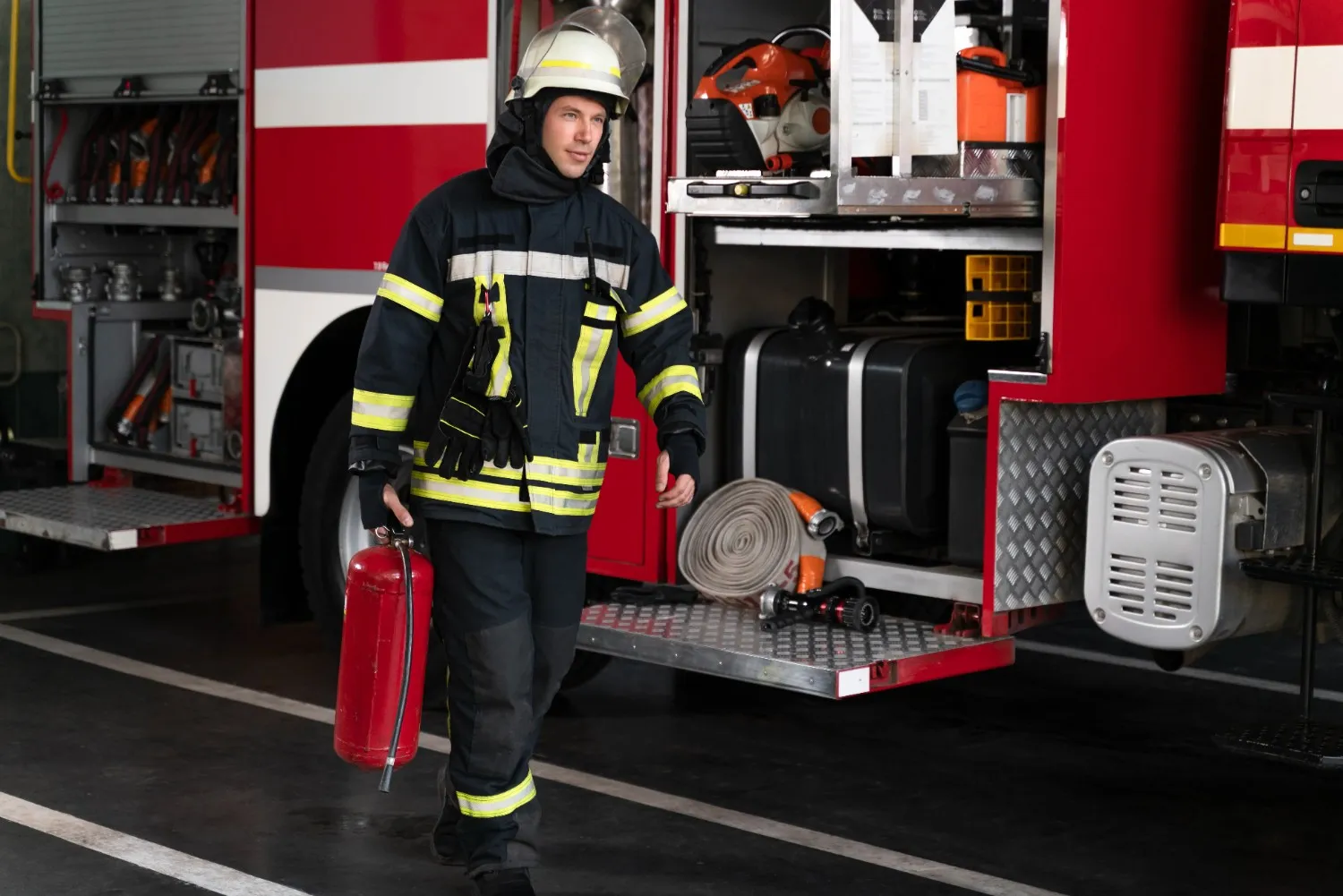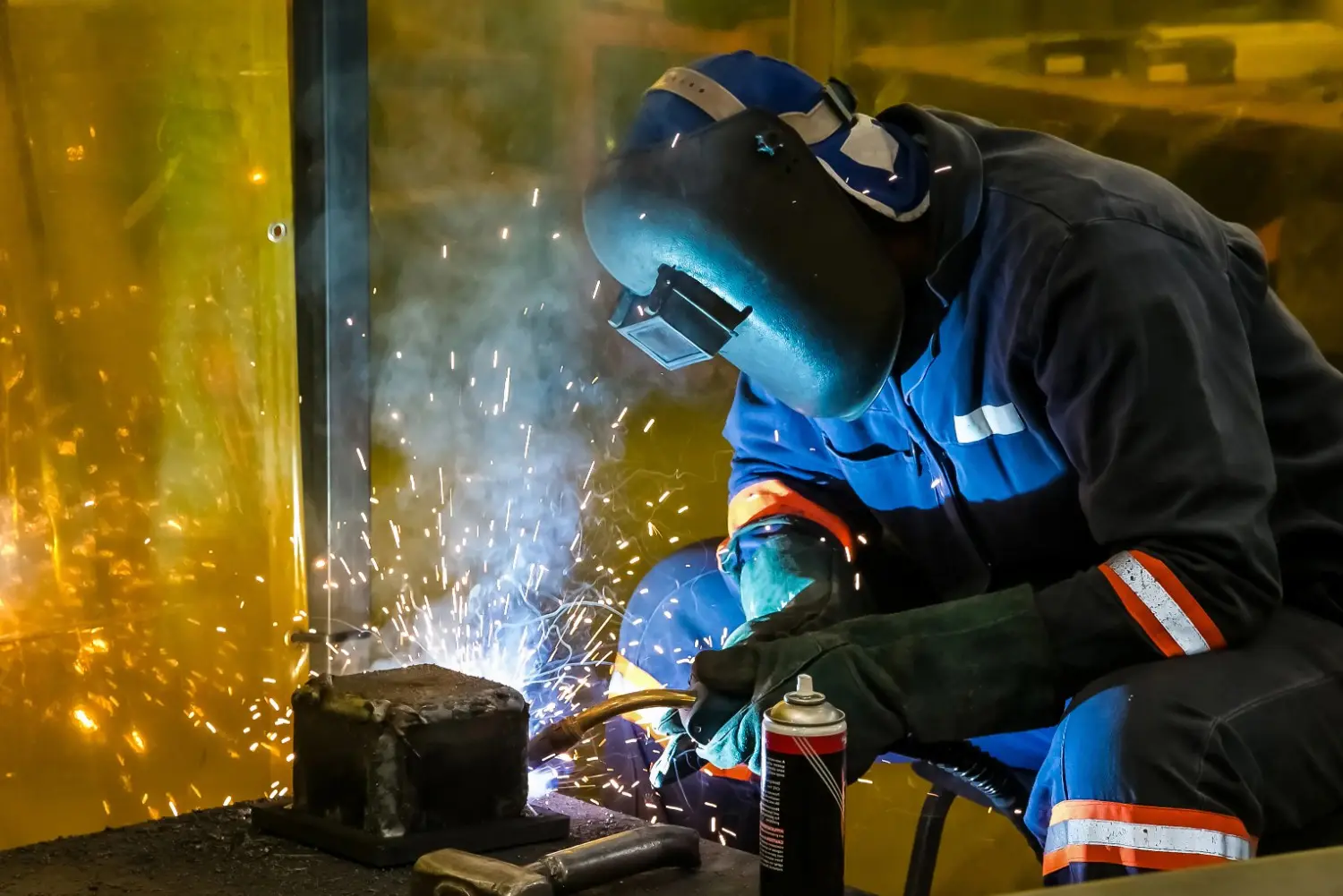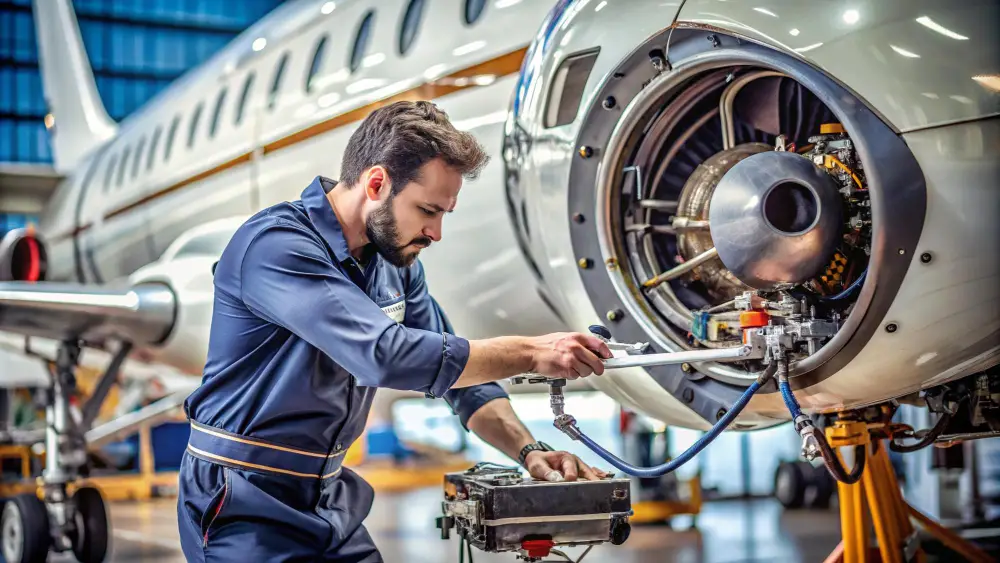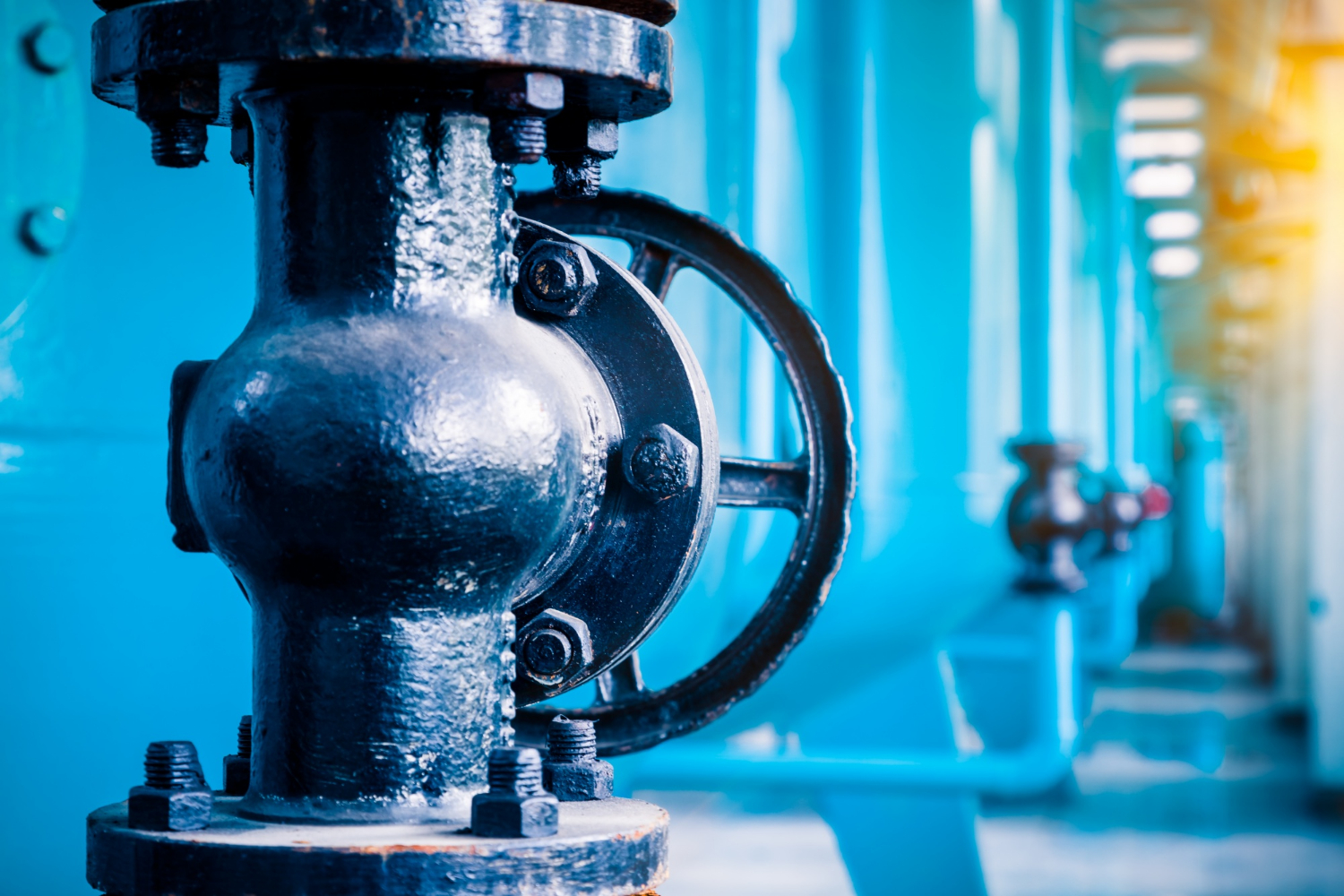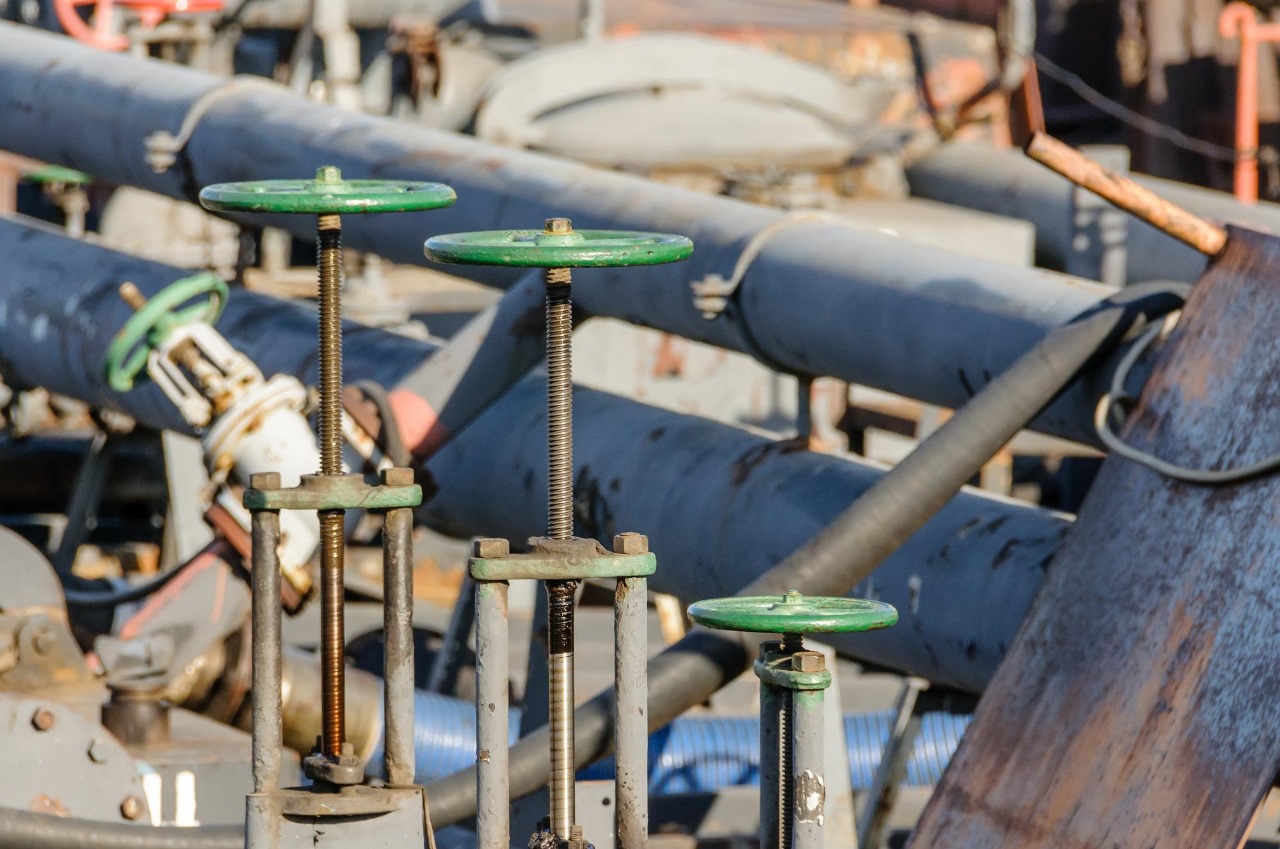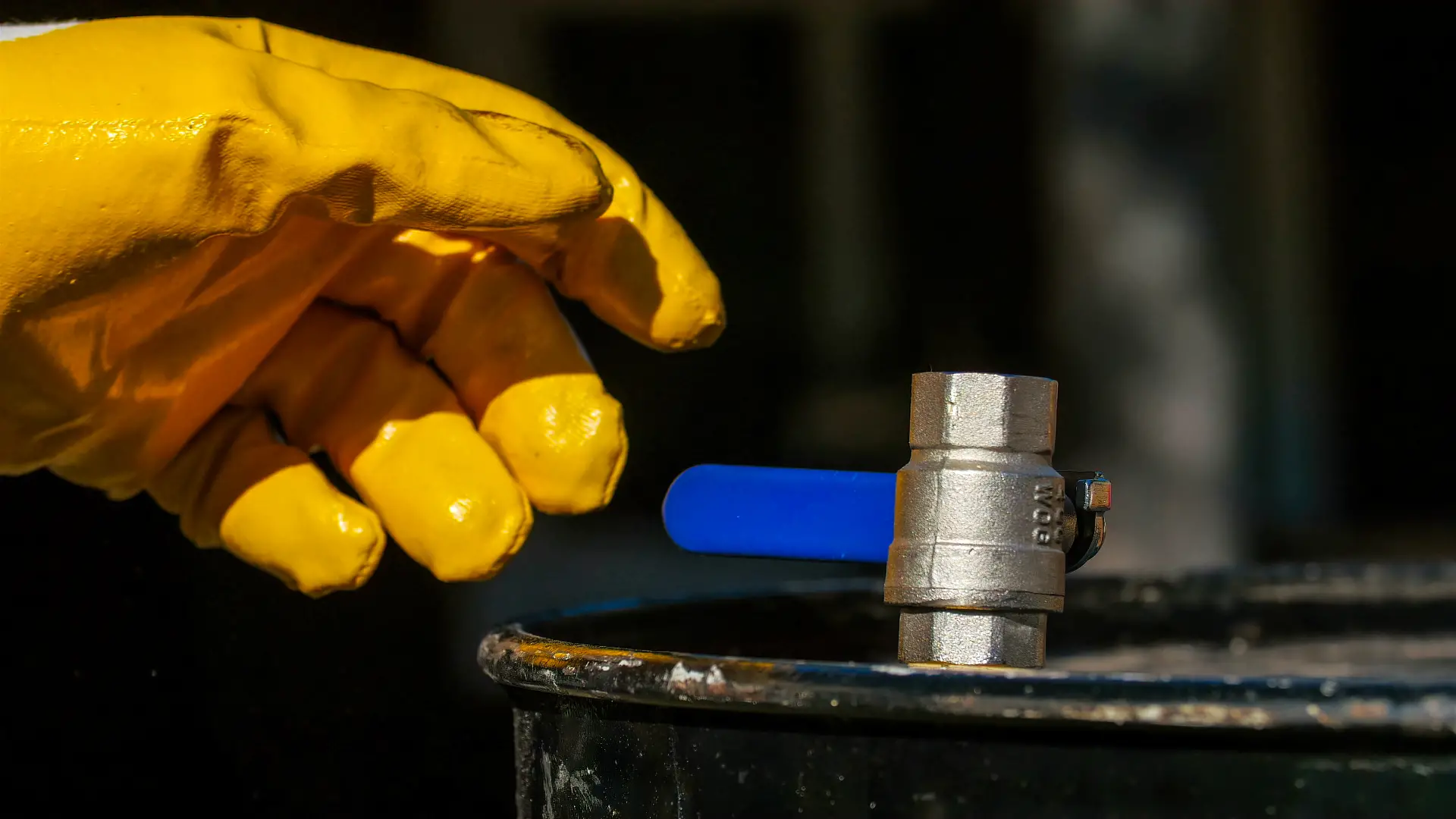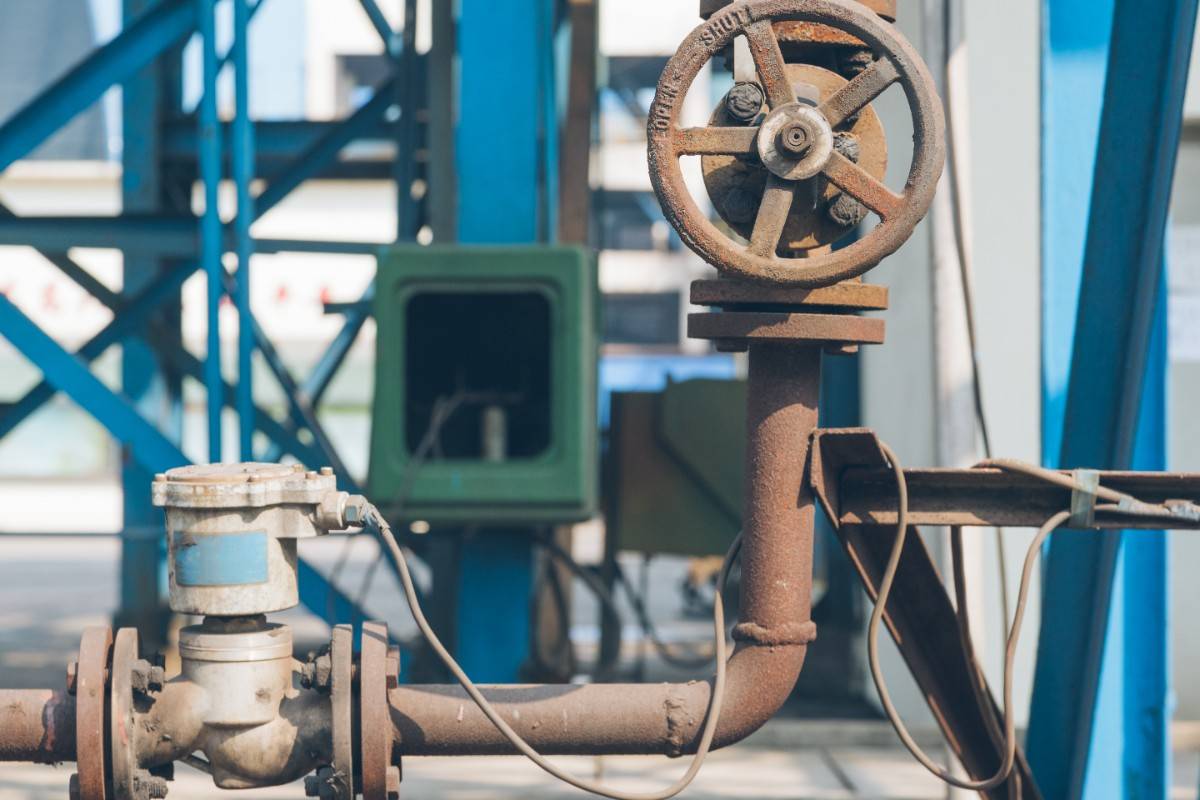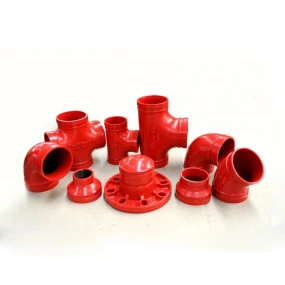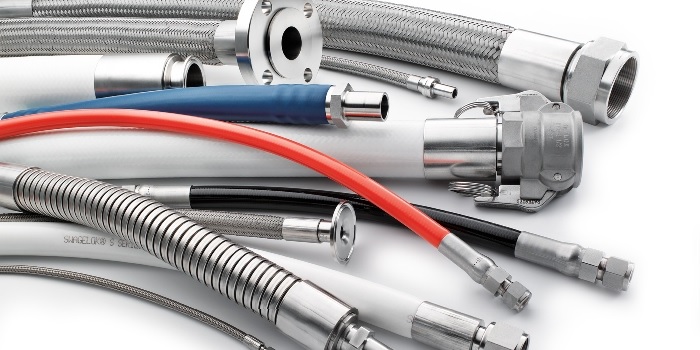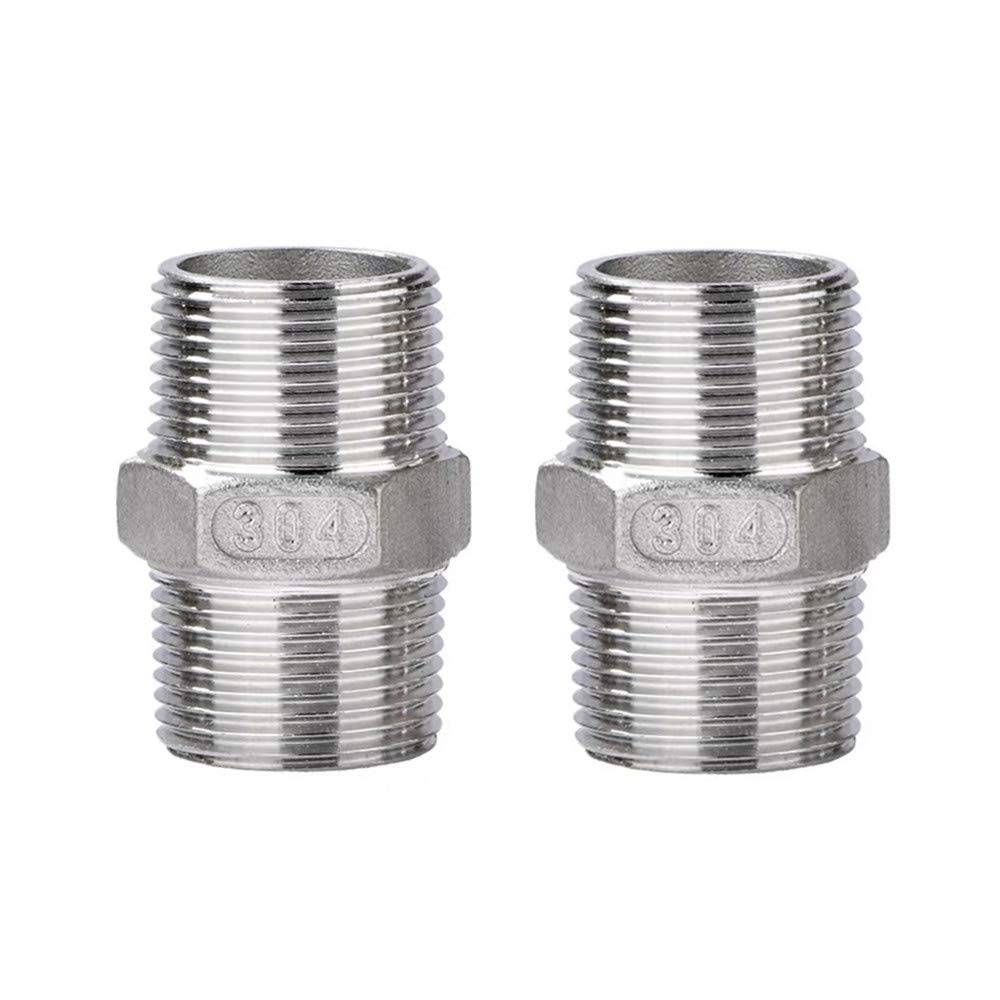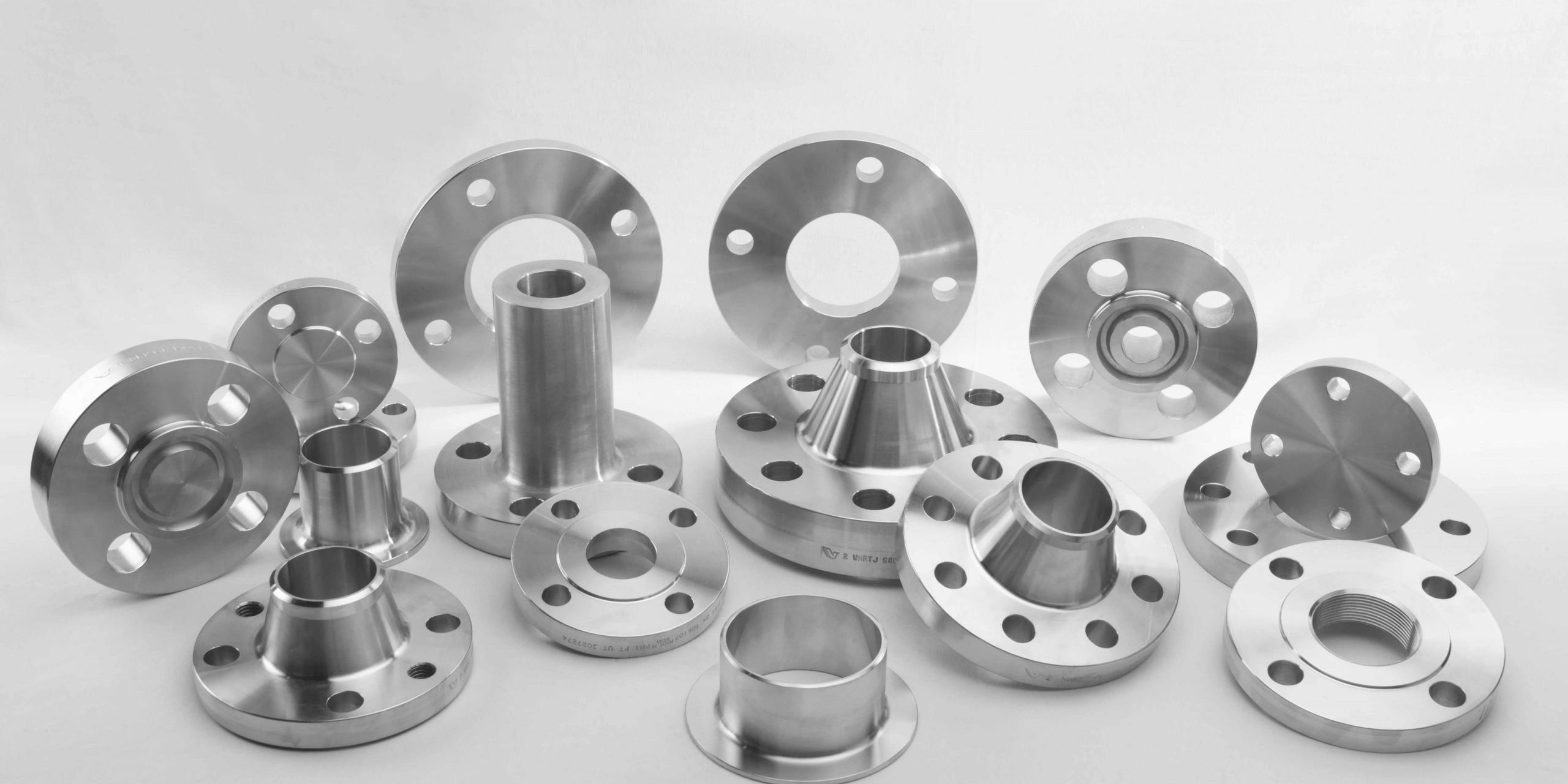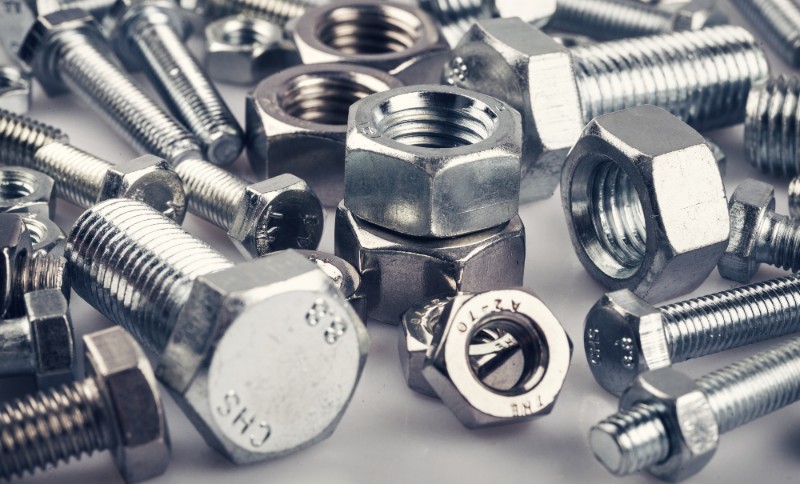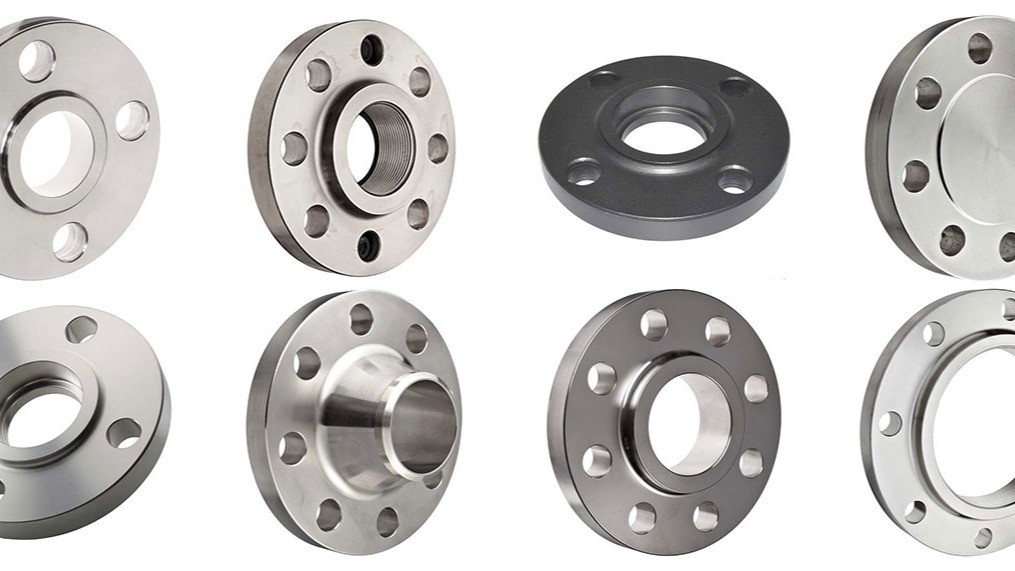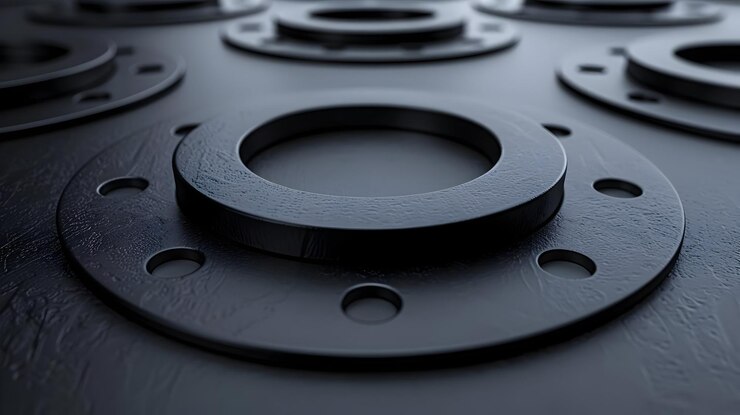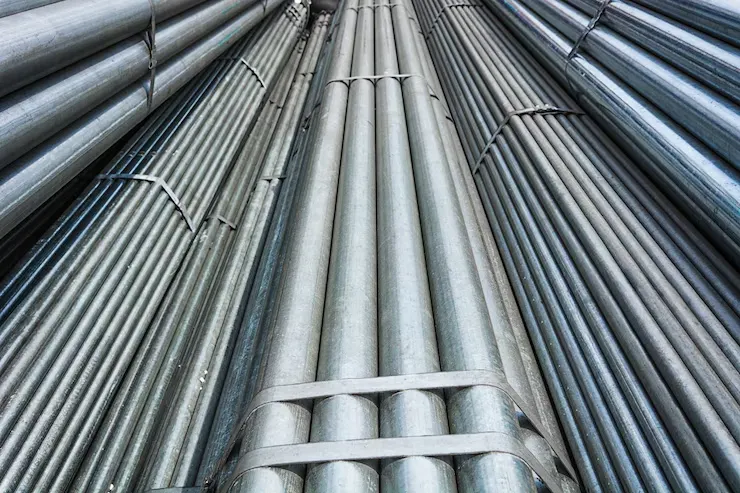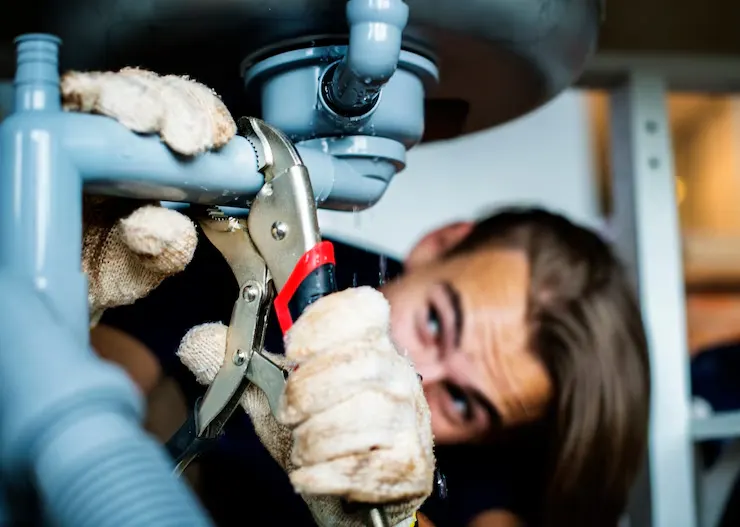
Top Causes of Leakage in Industrial Piping Systems
Leakages in industrial piping systems can lead to costly downtime, safety hazards, and major equipment damage. Whether you're operating in oil & gas, manufacturing, or water treatment, understanding the causes of pipe leakage is essential to maintaining operational efficiency and safety.
In this blog, we’ll explore the most common reasons for leakage in industrial pipelines and how you can prevent them.
1. Corrosion and Rust
One of the leading causes of pipe leakage is corrosion. Over time, exposure to moisture, chemicals, or salty environments can eat away at metal pipes—particularly carbon steel and iron-based pipes—weakening their structure.
Types of corrosion include:
- Uniform corrosion
- Pitting corrosion
- Galvanic corrosion (due to mixed metal contact)
Prevention Tips:
- Use corrosion-resistant materials like stainless steel or galvanized steel
- Apply protective coatings and linings
- Use corrosion inhibitors where applicable
2. Poor Installation Practices
Improper installation is a silent yet frequent cause of pipe failure. Issues like misaligned flanges, over-tightened joints, or incorrect gasket placement can lead to leaks under pressure.
Key installation errors:
- Incorrect torque on bolts
- Misaligned pipe sections
- Incompatible pipe fittings
Prevention Tips:
- Hire certified and experienced technicians
- Follow ASME and ANSI guidelines for installation
- Always pressure test systems after installation
3. Thermal Expansion and Contraction
Industrial systems often deal with temperature fluctuations. Thermal expansion and contraction can cause pipes to warp, joints to loosen, or even lead to cracking in rigid systems.
Common scenarios:
- Steam systems
- Chemical processing plants
- Outdoor pipelines exposed to climate variations
Prevention Tips:
- Install expansion joints or flexible couplings
- Use materials with suitable thermal expansion coefficients
- Conduct thermal stress analysis during design
4. Vibration and Mechanical Stress
Mechanical vibrations from pumps, compressors, or nearby machinery can fatigue pipe joints and fittings over time. These stresses may loosen fasteners or damage seals.
Typical causes:
- High-flow fluid dynamics
- Machinery-induced vibration
- Inadequate pipe supports
Prevention Tips:
- Use proper pipe supports and dampers
- Install anti-vibration clamps
- Regularly inspect high-vibration zones
5. Deteriorated Seals and Gaskets
Seals and gaskets form critical connections in flanges, valves, and fittings. Over time, they can deteriorate due to heat, pressure cycles, or chemical exposure—leading to leakage.
Warning signs:
- Visible wear or deformation
- Frequent re-tightening required
- Use of incompatible gasket materials
Prevention Tips:
- Choose the right gasket material for temperature and pressure conditions
- Inspect and replace gaskets periodically
- Avoid reusing old gaskets during maintenance
6. Pipe Material Defects or Incompatibility
Not all pipes are created equal. Sometimes leakage results from using substandard or incompatible materials. For example, using brass fittings in corrosive environments or low-grade plastic pipes in high-temperature applications can lead to failure.
Prevention Tips:
- Use industry-standard materials sourced from reliable suppliers
- Consult specifications based on fluid type, pressure, and temperature
- Partner with trusted industrial hardware providers like Al Kun Steel
7. External Physical Damage
Pipes are also vulnerable to external impacts—from heavy equipment, falling objects, or seismic activity. Even minor dents can compromise pressure ratings or create stress points that evolve into leaks.
Prevention Tips:
- Use protective barriers or enclosures
- Label pipelines in high-traffic areas
- Implement strict on-site equipment movement protocols
Conclusion
Leaks in industrial piping systems are not just inconvenient—they’re expensive and potentially dangerous. Understanding these common causes is the first step toward building a leak-proof operation. At Al Kun Steel, we provide top-grade flanges, gaskets, valves, and fittings that help reduce the risk of leakage in your piping systems.
Looking for reliable piping components in the UAE and beyond?
Explore our range of industrial steel fittings and supplies.
Related Articles
Stainless Steel Buttweld Fittings For Offshore Shipbuilding And Platform Piping
Read MoreIndustrial Valves, Hoses & Gaskets: Alkun Steel’s Solutions for the Tanks & Pumps Industry
Read MoreCorrosion-Resistant Valves, Flanges & Joints: Alkun Steel’s Petrochemical Solutions
Read MoreWhy Alkun Steel Is A Reliable Supplier Of Essential Products In The Oil Drilling & Rig Industry
Read MoreReliable Industrial Components For Fire Fighting Applications: Alkun Steel’s Trusted Solutions
Read MoreWhy Alkun Steel Is A Reliable Supplier Of Essential Products In The Fabrication Industry
Read MoreIndustrial Valves, Hoses & Gaskets: Alkun Steel’s Solutions For Aviation Maintenance
Read MoreBest Weld Neck, Slip-On, And Blind Flanges For Critical Oil & Gas Connections
Read MoreBest Industrial Fasteners for Heavy Equipment Assembly and Structural Steel Projects
Read More